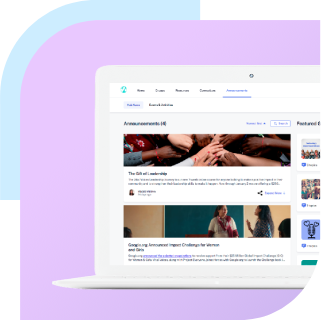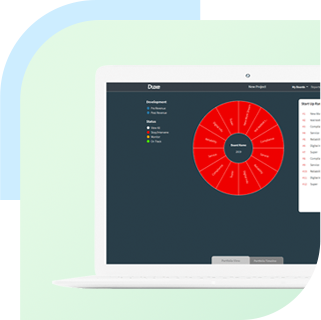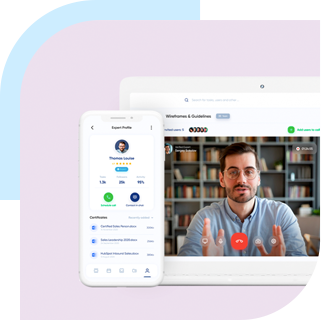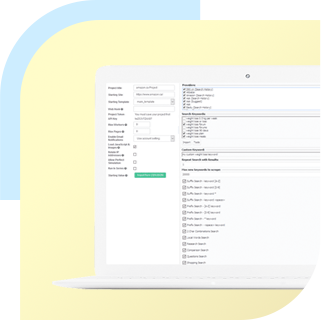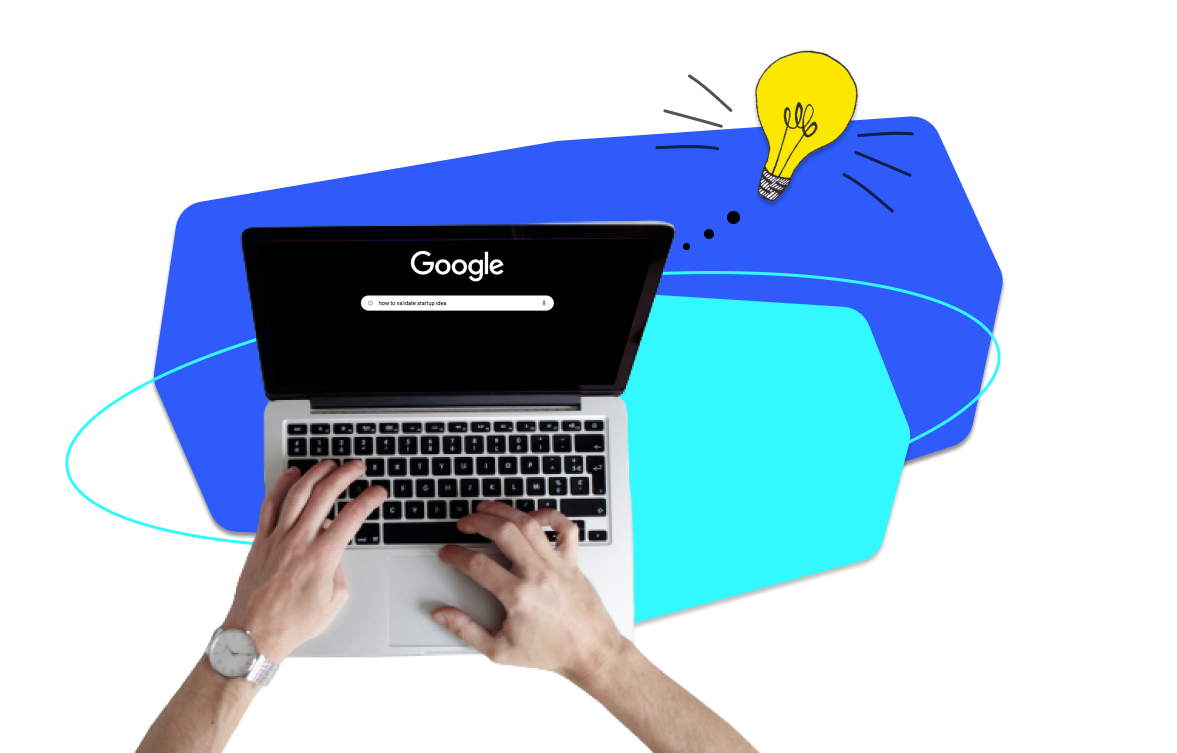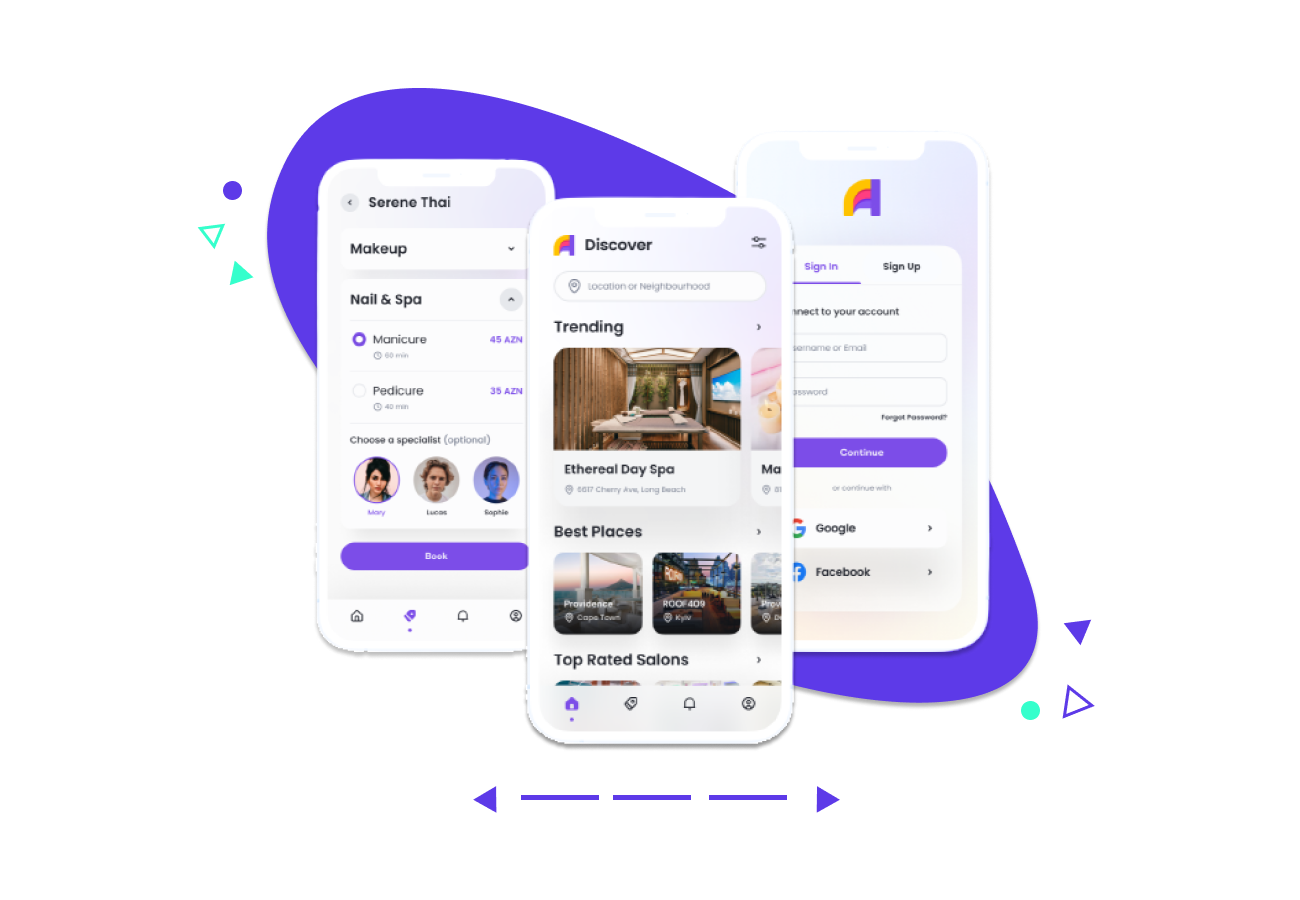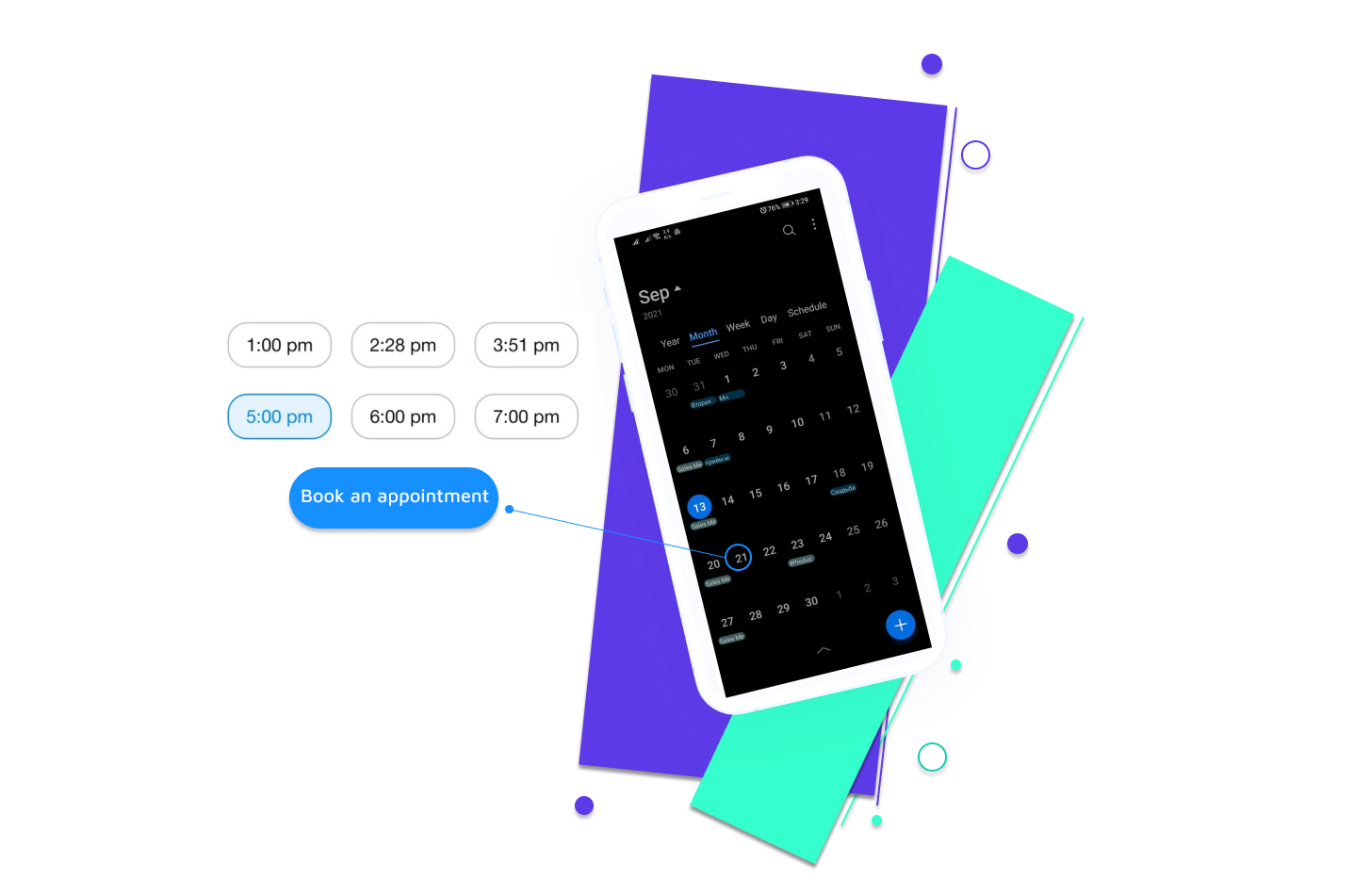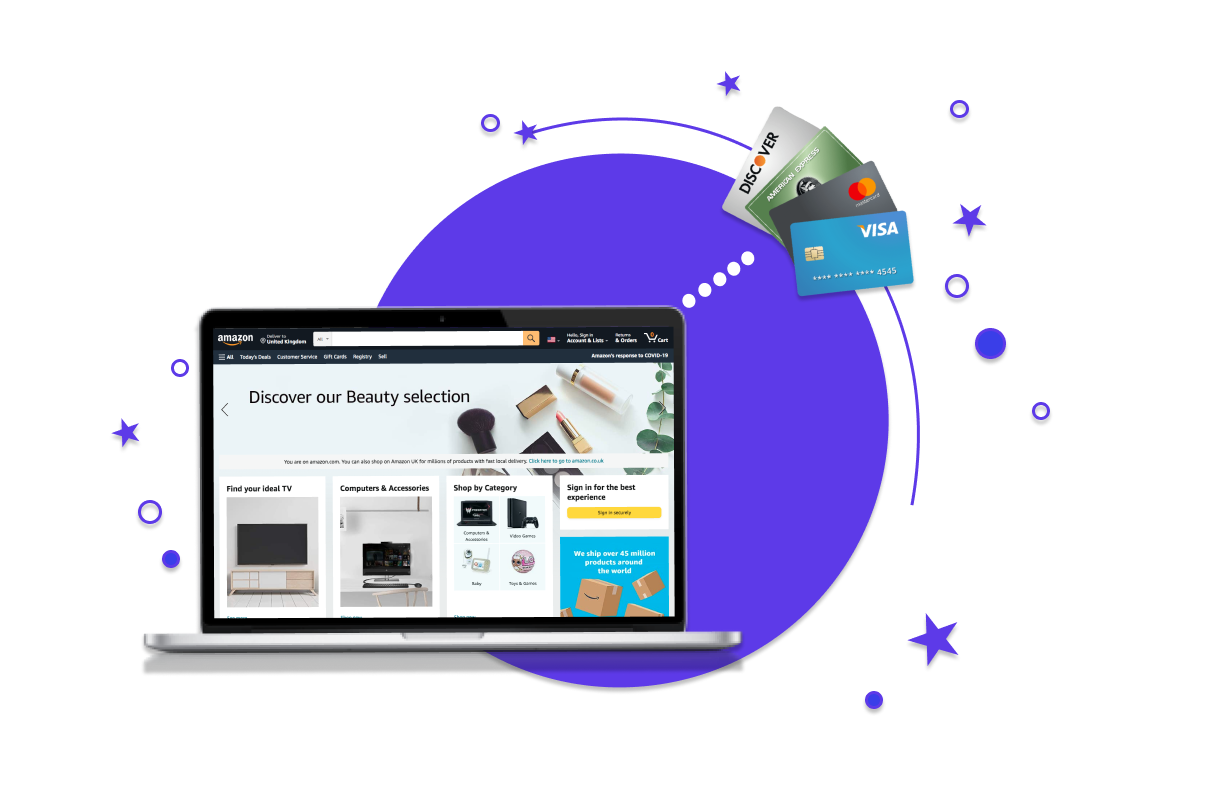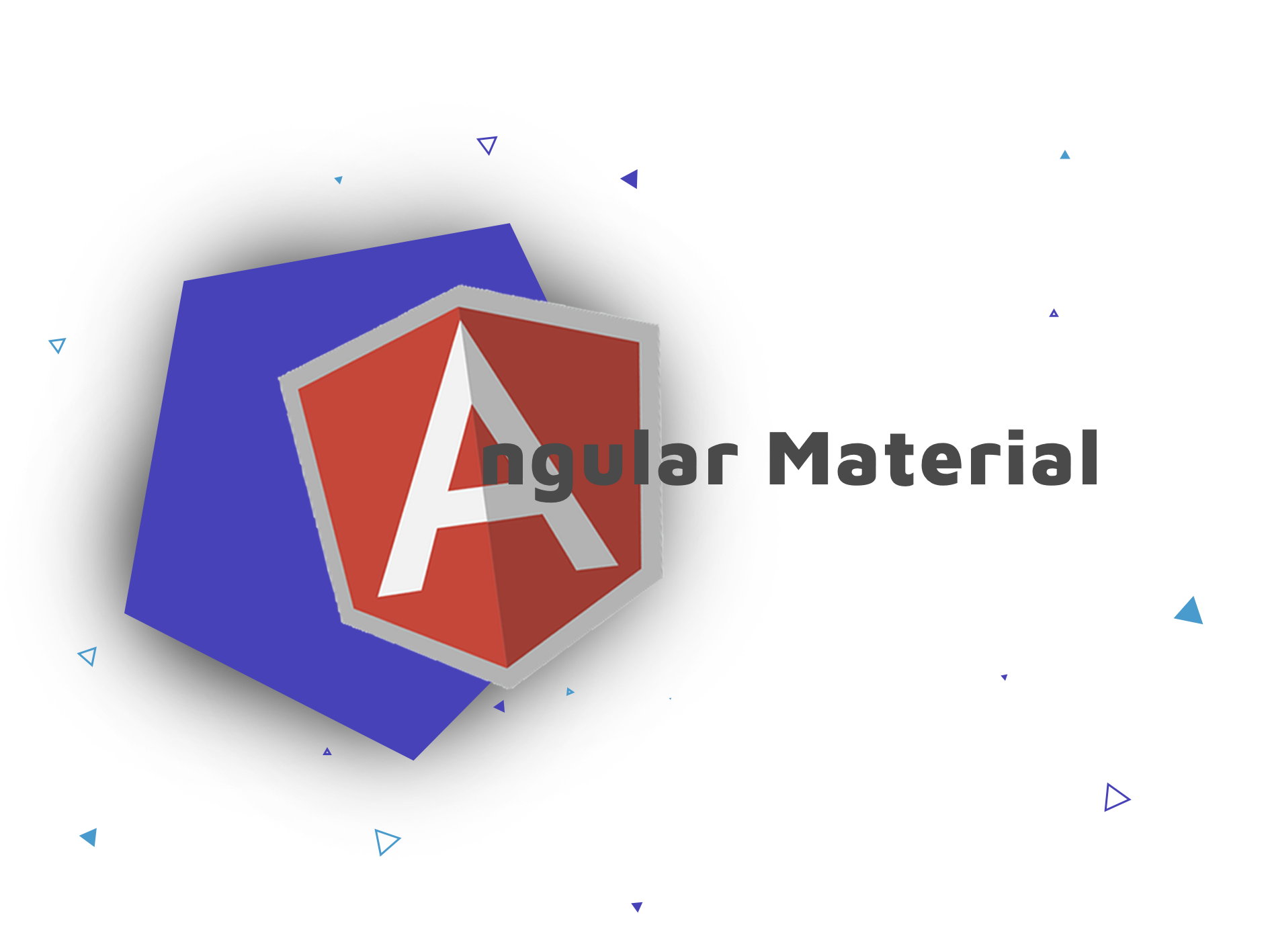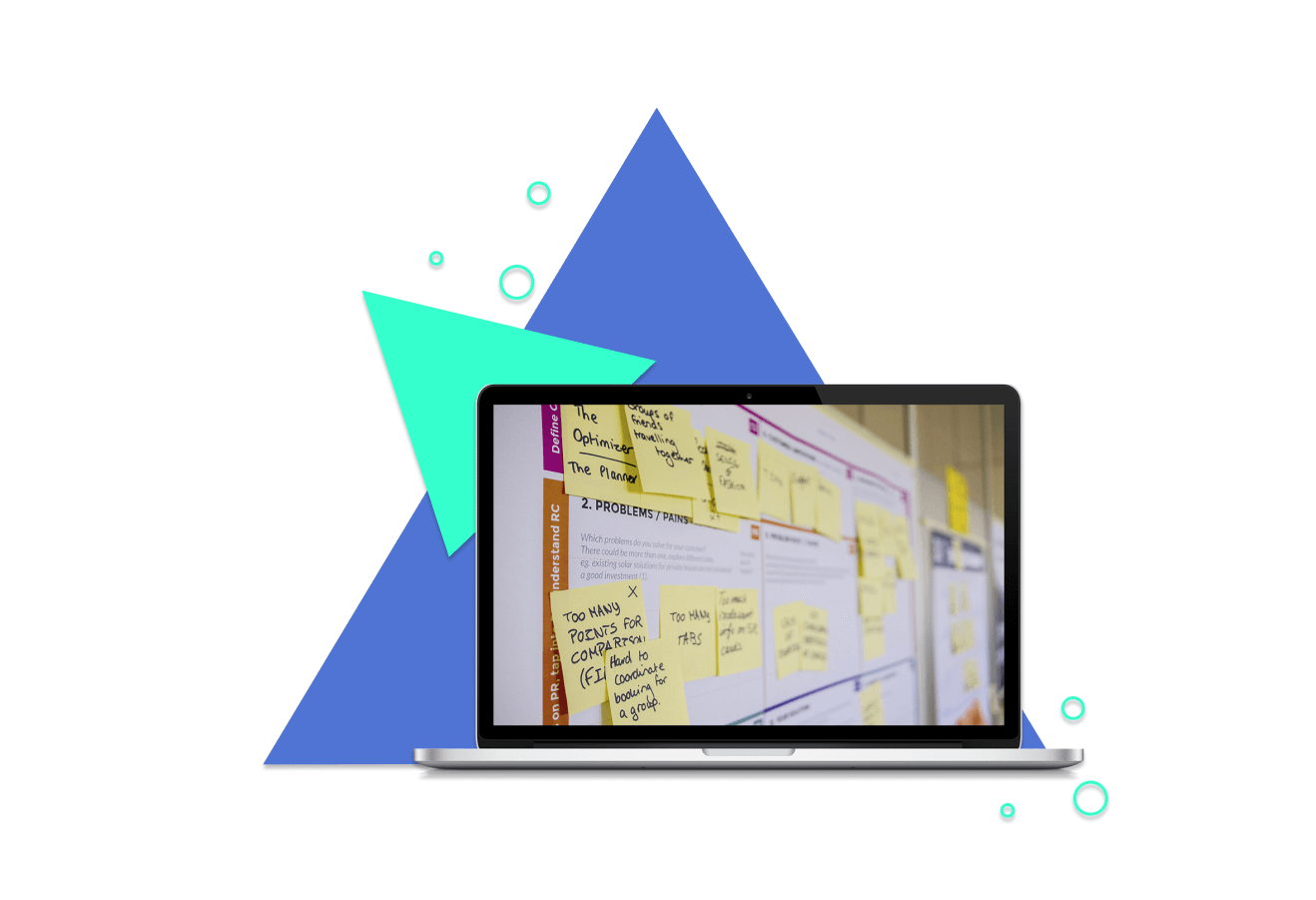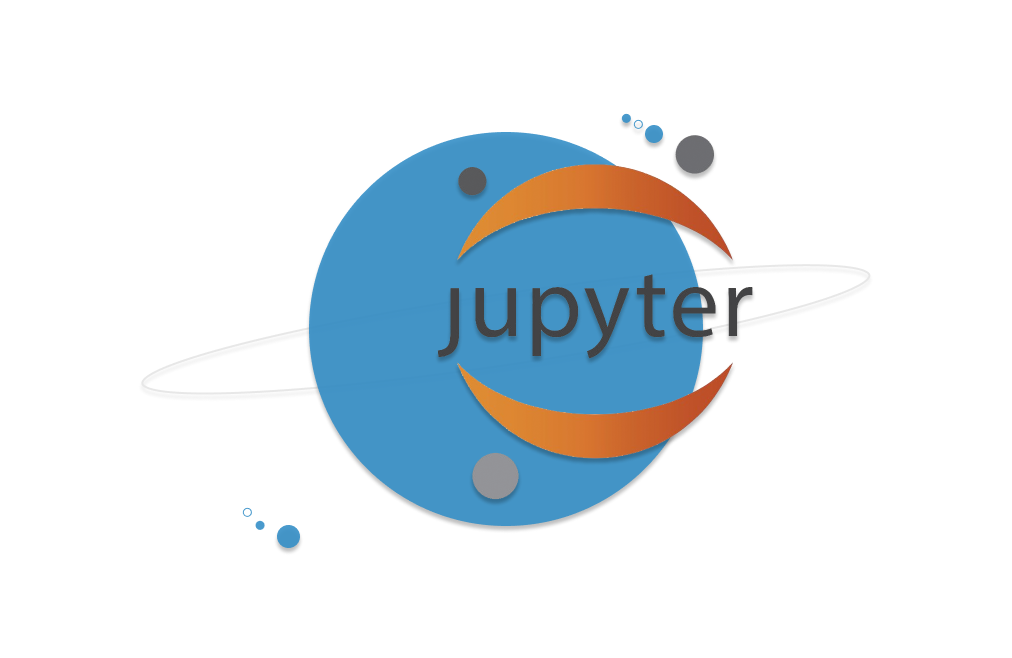MVP development
web & mobile MVP development for startups
Minimum viable product (MVP) is the first step towards validating your business idea.
The MVP includes only the core features to define if your target market actually appeals to your product and attract the investors by showing them the tangible value.
Get started
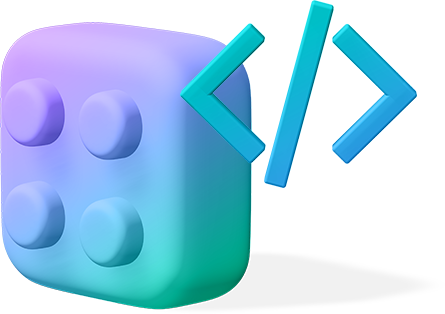
MVP development packages

Beginner
Basic minimum viable product to start validating your idea
> $ 25,000
 User registration & login
User registration & login  Media upload
Media upload  Payment integration
Payment integration  CRUD operations
CRUD operations  Up to 8 interactive screens
Up to 8 interactive screens  Up to 4 static screens
Up to 4 static screens  Local data storage
Local data storage  Synchronization with a cloud back-end
Synchronization with a cloud back-end

Advanced
Extended MVP for your future product
> $50,000
 User registration & login
User registration & login  Media upload
Media upload  Payment integration
Payment integration  CRUD operations
CRUD operations  Up to 20 interactive screens
Up to 20 interactive screens  Up to 6 static screens
Up to 6 static screens  Local data storage
Local data storage  Synchronization with a cloud back-end
Synchronization with a cloud back-end

Custom
Don't see any plans fitting your idea? Contact us!
Custom
 User registration & login
User registration & login  Media upload
Media upload  Payment integration
Payment integration  CRUD operations
CRUD operations  Unlimited number of interactive screens
Unlimited number of interactive screens  Unlimited number of static screens
Unlimited number of static screens  Local data storage
Local data storage  Synchronization with a cloud back-end
Synchronization with a cloud back-end
2x faster features development
Except for 2-3 killer features that a product focuses on, every application also has a set of typical functionality (authorization, media upload, content management, payment integration, etc.). So instead of building these typical features from scratch each time, we’ve set up an “assembly line” — a starter development kit (SDK) and an automated API technology — to help us boost the speed of product development making it more predictable and reducing time-to-market.
Product expertise
We do know the challenges you face during your startup journey and know how to assist you. We share the responsibility for the discovery and pre-development phases — making customer & market research to define end-user requirements, choosing which features to include in MVP, documenting them, shaping the backlog, & more.
Flexible product development process
based on Scrum methodology that allows us to react quickly to the changes and adjust the processes to constantly evolving project requirements.
Upfront, open, & honest communication
resulting in a respectful, transparent and professional relationship with no bureaucracy. We guide you through the whole product development process, helping choose the maintainable and scalable technology stack for your specific project and always trying to find new ways of getting things done with less effort and cost.
Lifetime support & help in turning your MVP to a full-scale solution
We know what comes after the MVP development, and could help maintain & scale the first version of your product based on customer feedback, A/B tests, and growth metrics analysis.
Customer success
Process
Initial contact
Product discovery
UX research
Design
Development
Release
Feedback analysis

Nata
Business Developer
On receiving your request, I’ll get in touch within 24 hours to learn more about your idea and invite you for a call.
:

Kseniia
CEO
I’ll help to differentiate your product from the competitors. I’m also responsible for turning the high-level idea into implementable user stories to document every feature and make sure we’re on the same page.

Roman
CTO
I’ll care for the technical part: offer the solution architecture, create a roadmap, choose the developers with the appropriate expertise.
Deliverables: user stories map, user flow, or business process model and notation (BPMN), a project roadmap, architecture documentation, team composition, time and cost estimation.

Yaroslav
UX designer
I’ll do the UX/UI research to identify the needs and mental models of your target customers.
Deliverables: a customer journey map, jobs to be done, empathy map.

Igor
Designer
I’ll apply the best practices to create a compelling design for your product keeping in mind the specific requirements of your target audience.
Deliverables: wireframes, mockups, a final prototype.

Roman
CTO
The skillful development team under my guidance will create a superb product. After each sprint, I’ll showcase the result of our work to you, explaining the turning points.
Deliverables: features delivered for testing and validation.

Roman
CTO
When the product is agreed to be released, our team will deploy your application to the production.
Deliverables: an awesome product, ready to go to market and start bringing you profit.

Kseniia
CEO
After getting your product released, it's essential to show it to your target audience, collect and analyze their feedback.
Deliverables: customers' feedback, ideas for product improvement.

 go back
go back